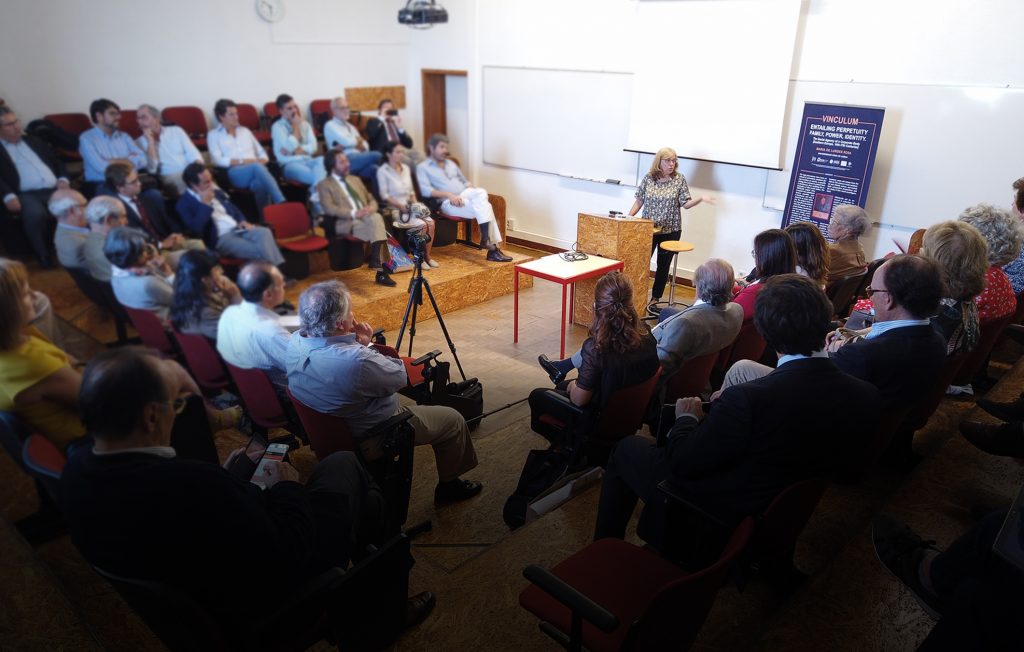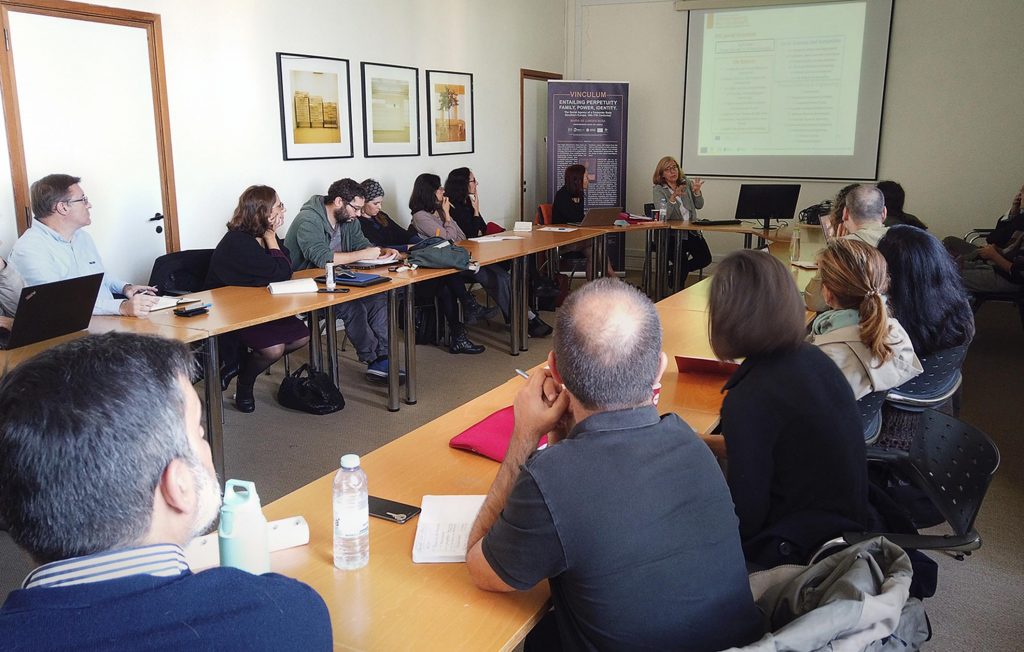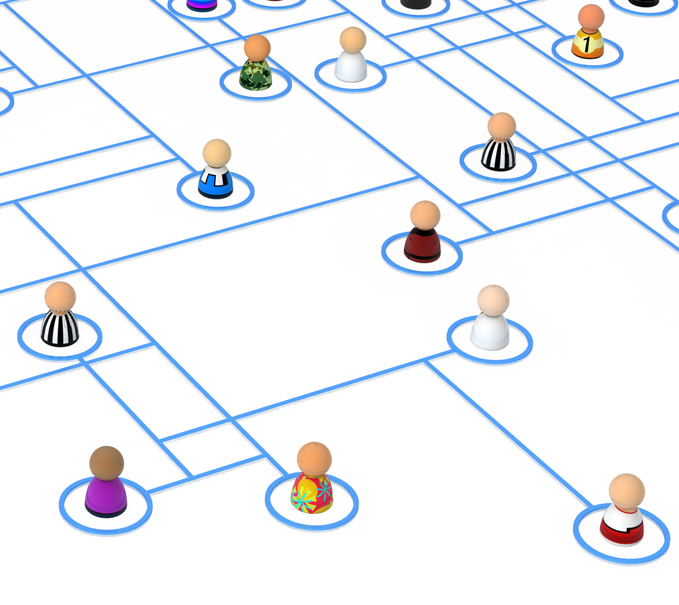
The scientific problem: conceptualizing and explaining entailment in premodern societies of southern Europe
Few social phenomena have been so relevant to the premodern societies of southern Europe as entails (morgadios, mayorazgos) and chantries. These institutions, which the present project proposes to analyze jointly under the term of entailment, developed as a form of maintaining property within specific family formations, by creating a corporate body, administered by the chosen successors, in a horizon of perpetuity. The corporate body, which encompassed the living, the deceased, and the future family members, had enormous power. Anchored in the deep culturally-constructed figure of the founder – whose will was accepted as law, in the fullest sense of the word – the corporate body regulated human relations within the family and outside it; it established specific relationships with property and the economy; it negotiated tradition and controlled change. To a large extent, the corporate body was the social agent ruling over the actions of its human members, their circumstances and strategies.
Around 7,000 entails and chantries were founded between the fourteenth to the seventeenth centuries across what is now continental Portugal, as well as in the Atlantic spaces it colonized in this period of the institution’s growth and stabilization. They became indispensable for nobles to maintain their status, and for the social rise of other groups. In the island societies of Madeira and the Azores, entailment organized society and property structurally within a short space of decades, endowing them with unique characteristics. In both Cape Verde and the occupied territories on the Brazilian coast, entailment was imposed mainly through chapels, gaining in importance at a slower but steady pace. The studies available suggest this was not unlike the other Iberian kingdoms, especially Castile. In ways similar to the peninsular morgadio, during the modern age entailment would become a characteristic feature characteristic of several parts of southern Europe, and a model central to the reproduction of elites. It therefore deeply influenced multiple aspects of society.
The scientific problem: conceptualizing and explaining entailment in premodern societies of southern Europe
Few social phenomena have been so relevant to the premodern societies of southern Europe as entails (morgadios, mayorazgos) and chantries. These institutions, which the present project proposes to analyze jointly under the term of entailment, developed as a form of maintaining property within specific family formations, by creating a corporate body, administered by the chosen successors, in a horizon of perpetuity. The corporate body, which encompassed the living, the deceased, and the future family members, had enormous power. Anchored in the deep culturally-constructed figure of the founder – whose will was accepted as law, in the fullest sense of the word – the corporate body regulated human relations within the family and outside it; it established specific relationships with property and the economy; it negotiated tradition and controlled change. To a large extent, the corporate body was the social agent ruling over the actions of its human members, their circumstances and strategies.
Around 7,000 entails and chantries were founded between the fourteenth to the seventeenth centuries across what is now continental Portugal, as well as in the Atlantic spaces it colonized in this period of the institution’s growth and stabilization. They became indispensable for nobles to maintain their status, and for the social rise of other groups. In the island societies of Madeira and the Azores, entailment organized society and property structurally within a short space of decades, endowing them with unique characteristics. In both Cape Verde and the occupied territories on the Brazilian coast, entailment was imposed mainly through chapels, gaining in importance at a slower but steady pace. The studies available suggest this was not unlike the other Iberian kingdoms, especially Castile. In ways similar to the peninsular morgadio, during the modern age entailment would become a characteristic feature characteristic of several parts of southern Europe, and a model central to the reproduction of elites. It therefore deeply influenced multiple aspects of society.
The research programme: building and exploiting a new analytical paradigm
The research program aims at understanding and interpreting this historical phenomenon in a global and innovative way. To this end, grounded on, and advancing from, a years-long research interest on the subject, I propose a new paradigm for analysing entailment, facing the following challenges:
to take as a study object the entailed corporate body, according to that established by its foundation charter
- to break temporal and spatial boundaries traditional in academic research, which prevent a more accurate perception of social change (medieval / modern, the Continent / Atlantic space; medieval history / history of maritime expansion / modern (continental) history;
- to carry out an exhaustive survey of the empirical material directly produced by entails in the Portuguese territories considered, comparing it to the rest of Iberia by organizing regular scientific meetings taking a comparative perspective, during the project
- to examine historiographical readings of the theme, especially around great topics such as lignagistic mutation, feudal property, the economic illiteracy of the nobility and the specific forms of its relationship with wealth, the corporate paradigm of the Ancien régime society, and the ” house “as the governing matrix
- to follow theoretical and methodological perspectives from anthropological history, respecting phenomena of societal alterity, and to consider entailment as an example of an embedded phenomenon
- To value the achievements of archival science / the epistemology of the sources, signaling and imparting meaning to the mutations undergone by the empirical materials
- to explore comparative perspectives with: the remaining southern European entailment territories; other forms of entailment offering important analytical perspectives; similar institutions, such as trusts and foundations
- to promote discussion on the use and re-use of entailment after the extinction of Ancient Regime societies, detecting how archival and historiographical prejudices have affected / still affect the study of the theme
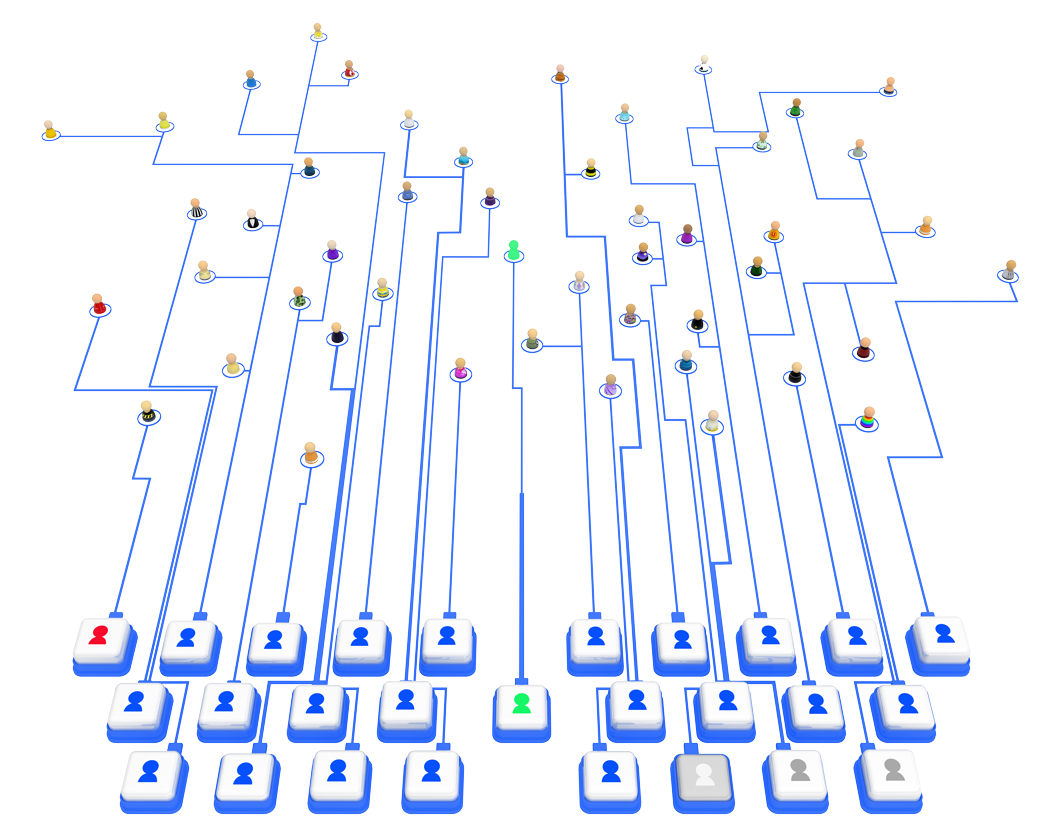
Research program’s design
The central structure of the research program is designed around what are defined as the central components of the agency of the entailment corporate body – kinship, power, identity – in order to propose a new concept for the phenomenon. Profiting from what can be considered an excellent lab, the project will also verify how what can be termed “entailment societies” functioned in the specific context of the colonization of the Atlantic territories. In such territories entails were very distinct from other forms of appropriation and transmission of property, even relegating them to a second plan. Finally, an extensive survey of the documentation will provide empirical materials, which will be framed within the proposal of Historical archivistics, in order to maintain their informational and archival richness and to bring them into historical research.
This joint and interconnected research enterprise involves analysis on different scales and a dense critical approach. It consists of four phases, according to the viewpoints described above:
- Interrogation, analysis and description of the structure of the sources (Proj.1) & documentary survey and constitution of the database of foundations and their archives (Subproj.1a)
- Thematic analyses of entailment social agency (Projs. 2-4)
- In-depth comparative analysis of the Atlantic entailment societies (proj. 5)
- Interpretive synthesis of the results (Proj.6)
6 projects
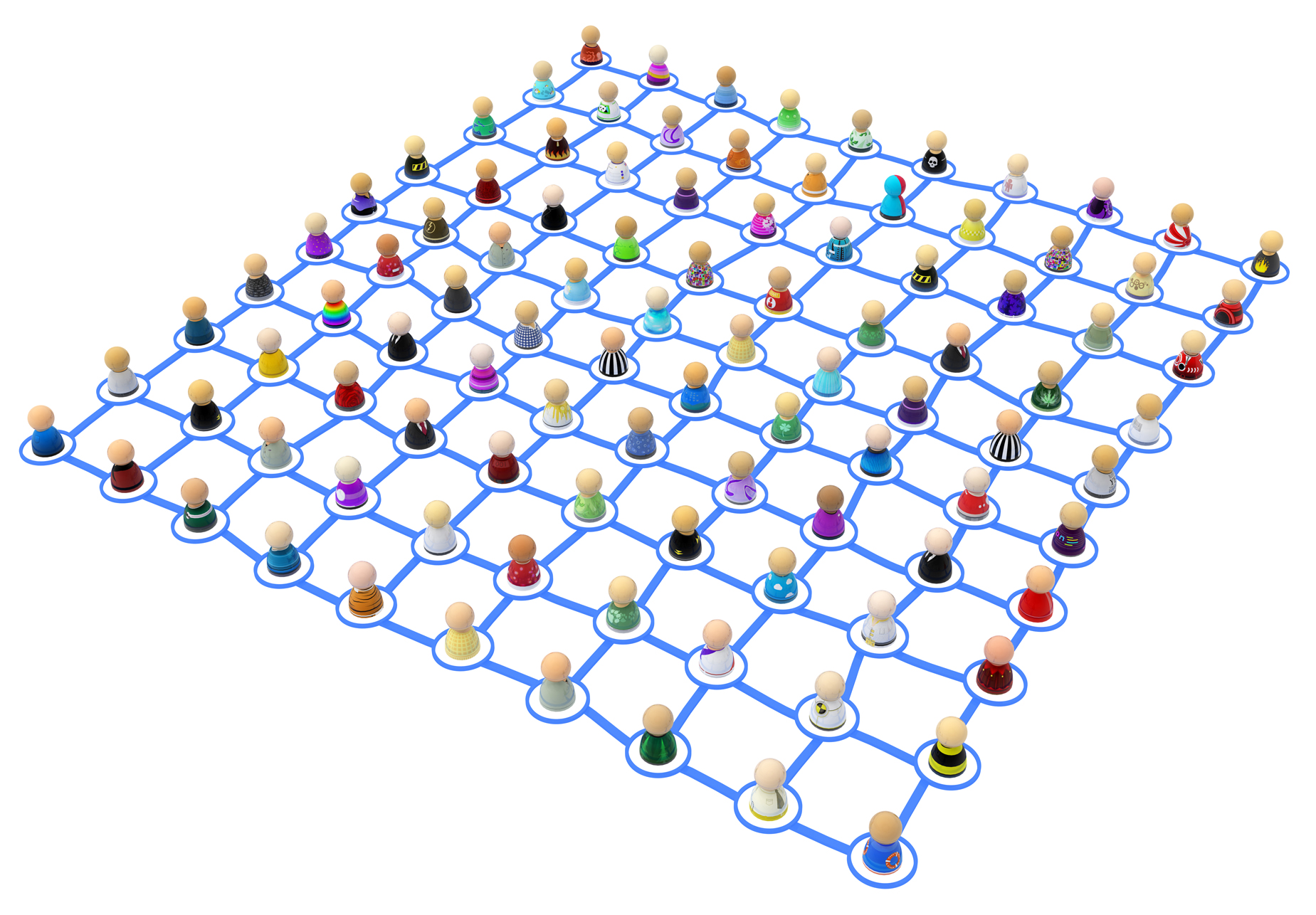 The research problem of this part of the program is how to invert the knowledge about the archives related to entailment as it stands. Documents have already been located thanks to previous research. It is now crucial to go from where things are kept to where things have come from, why and how.In order to achieve this, recent theoretical proposals about the rethinking of sources and institutional history will be mobilized. The final aim is to think with organizational archives, considering their existence prior to each historical archive now available. This project will follow the methodology of reconstructing the institutional system created by entailment, both internally and externally: institutional network design, forms of information production, documentalization, and constitution in archives.
The research problem of this part of the program is how to invert the knowledge about the archives related to entailment as it stands. Documents have already been located thanks to previous research. It is now crucial to go from where things are kept to where things have come from, why and how.In order to achieve this, recent theoretical proposals about the rethinking of sources and institutional history will be mobilized. The final aim is to think with organizational archives, considering their existence prior to each historical archive now available. This project will follow the methodology of reconstructing the institutional system created by entailment, both internally and externally: institutional network design, forms of information production, documentalization, and constitution in archives.
The final aim is to think with organizational archives, considering their existence prior to each historical archive now available. This project will follow the methodology of reconstructing the institutional system created by entailment, both internally and externally: institutional network design, forms of information production, documentalization, and constitution in archives.
Subproject P1a – Construction of the entails database
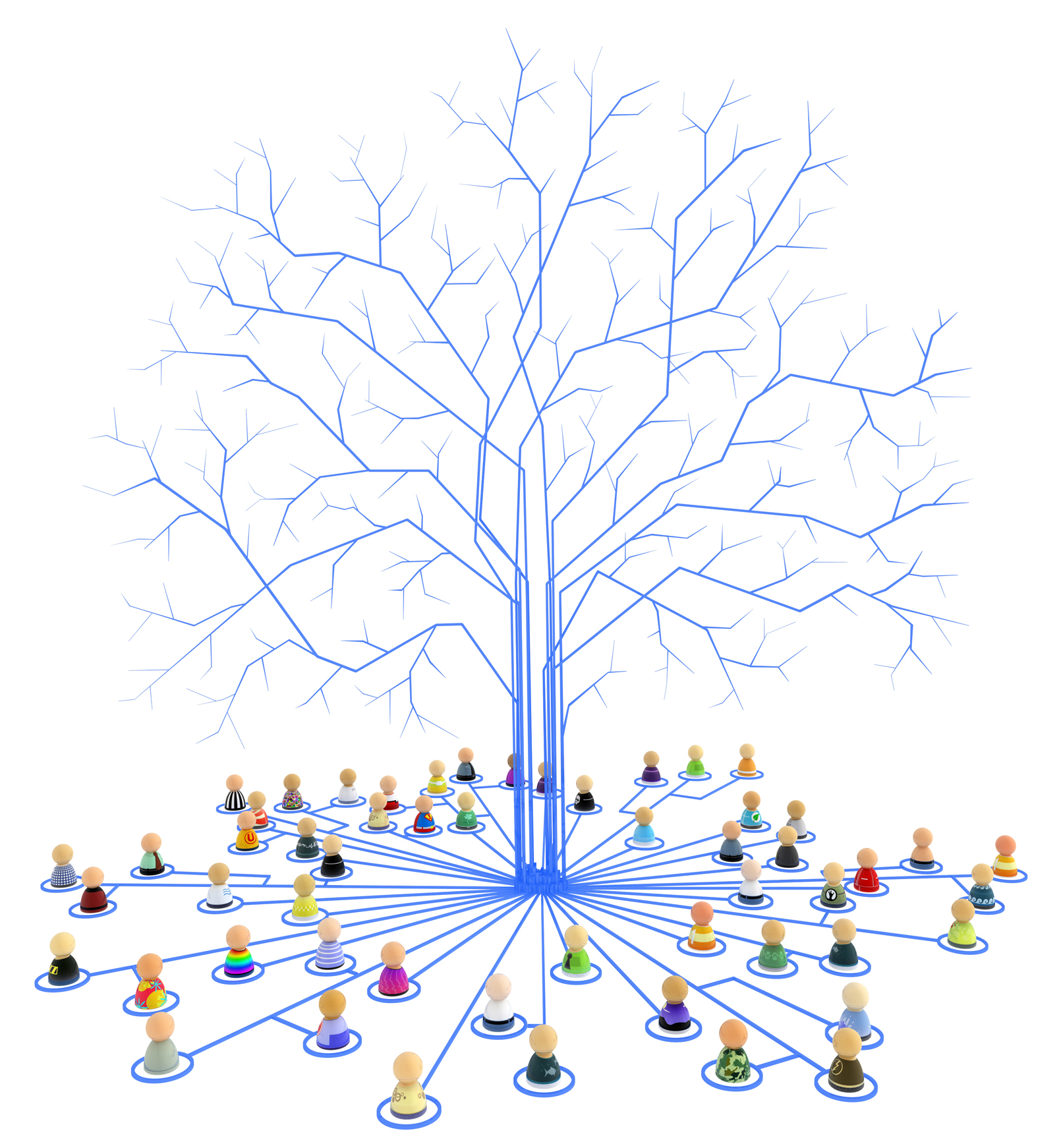 The central goal of the project is to define what can be called “entailment kinship”, a particular configuration of kinship bonds that has a threefold specificity: i) a capacity (and need) to combine vertical descendance with the maintenance of large groups of relatives from the horizontal branches; ii) a conceptualization of the founder that combines elements from theology and juridical thought with older nobility values of lineage leadership; iii) an institutional framework that turns this manipulated kinship group into a corporate body, with its own internal norms and rule.
The central goal of the project is to define what can be called “entailment kinship”, a particular configuration of kinship bonds that has a threefold specificity: i) a capacity (and need) to combine vertical descendance with the maintenance of large groups of relatives from the horizontal branches; ii) a conceptualization of the founder that combines elements from theology and juridical thought with older nobility values of lineage leadership; iii) an institutional framework that turns this manipulated kinship group into a corporate body, with its own internal norms and rule.
It dwells on the working hypothesis of distinguishing between «entailment kinship structure», lineage, and house, in order to understand the evolution from the fourteenth to the seventeenth century. Departing from the database materials, a group of case studies will be set, in order to study how entailment affected kinship relations. In the medium and long term, did entailment mainly forced the exclusion of members of the family group or, on the contrary, was there a strengthening of the horizontal parental group? How did the parental structure relate to wider organizational contexts, where links of entail were inserted, namely the house? Is the aforementioned thesis by modernist historians of the subordination of lineage to house sustainable? What was, to sum up, the family designed by the founder to face perpetuity?
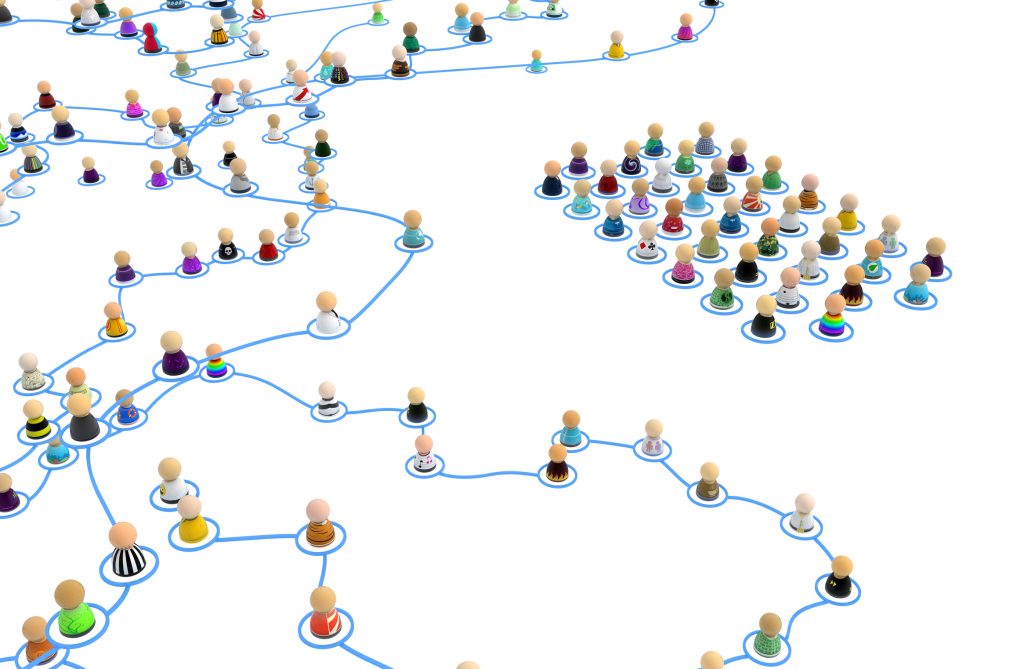 Local elites, especially urban ones, seem to have systematically used entailment institutions, since the beginning of the fourteenth century, as a means to promote social ascension by a line of the parental group. The nobility, for its part, quickly came to monopolize the most important entails, concentrating them by marriage and intensifying the aristocratic ethos. This project aims at verifying these theories, and at contributing to a more global perspective of the question.
Local elites, especially urban ones, seem to have systematically used entailment institutions, since the beginning of the fourteenth century, as a means to promote social ascension by a line of the parental group. The nobility, for its part, quickly came to monopolize the most important entails, concentrating them by marriage and intensifying the aristocratic ethos. This project aims at verifying these theories, and at contributing to a more global perspective of the question.
Select case studies will be drawn from the database materials, concentrating on the most relevant cities and applying a common questionnaire to compare them: Who founded entails and what happened to newly-arrived families later on? How did the adoption of the model influence keeping or increasing social status? Can patterns of ascension be discerned? Did the constraints inherent to entail follow similar models of operation in different elites? How did small chantries and entails function at this juncture? How did entailment coincide with other forms of access and maintenance of power, such as the holding of municipal offices or membership of important confraternities?
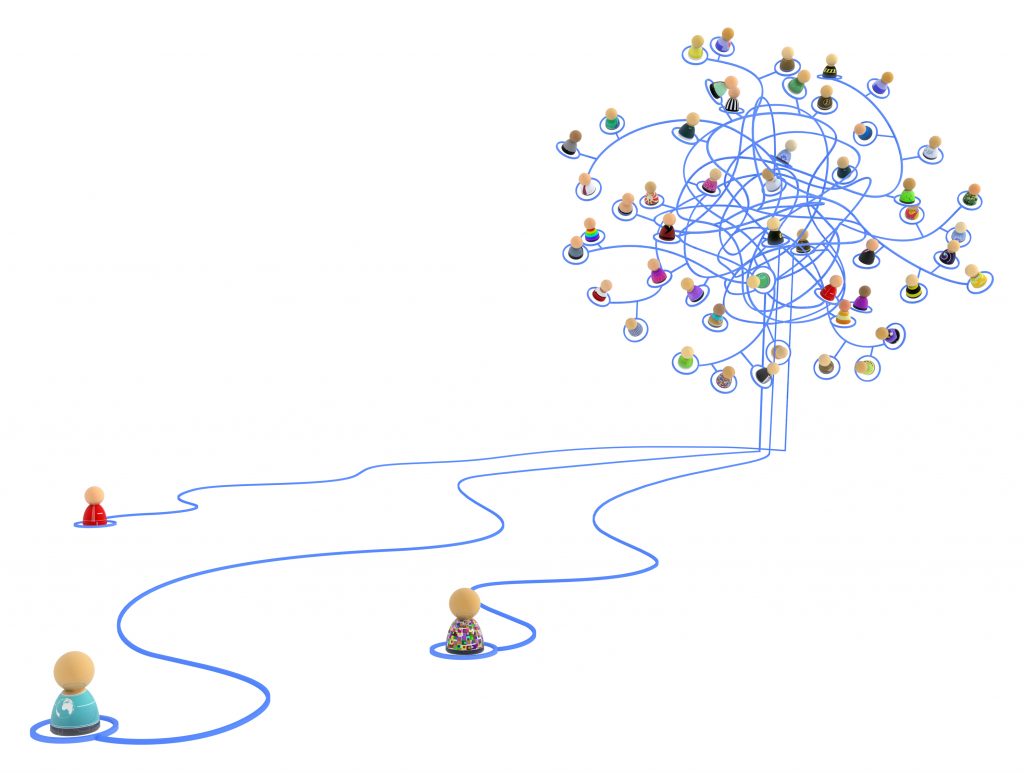 This project focuses on the identity of entails as a corporate body throughout generations, standing above the human agents it encompassed, weighing against the administrators’ limited powers. Such existence was possible because of the entails’ institutional nature, but it also depended on specific cultural, religious, and spatial identities (archives, coats of arms, names, narratives, places, the social projection of members, specific economic behaviors).
This project focuses on the identity of entails as a corporate body throughout generations, standing above the human agents it encompassed, weighing against the administrators’ limited powers. Such existence was possible because of the entails’ institutional nature, but it also depended on specific cultural, religious, and spatial identities (archives, coats of arms, names, narratives, places, the social projection of members, specific economic behaviors).
The objective will be to define the meaning, the means and the functioning of corporate identity: did it mean closure and individualism, or rather practices of public social distinction and community insertion? What balance was there between the capacity for internal self-regulation and litigation practices, using external authorities? How did this identity foster the keeping and use of archives and written management? Above all, how was socially constructed the central figure of the founder, identity giver and maker?
The signals of such identities will be identified from among the entails in the database and categorized. Research will focus on the one hand on the semantic of entail institution documents, and on the other on the serialization, and later type-configuration, of the entailment signs and symbols. Drawing from the most complete case studies, indexed items will be analyzed as to their actual functioning. The perspective of anthropological history will be especially useful here, so as to apprehend from the sources the traces needed for analysis and to provide them with correct interpretations.
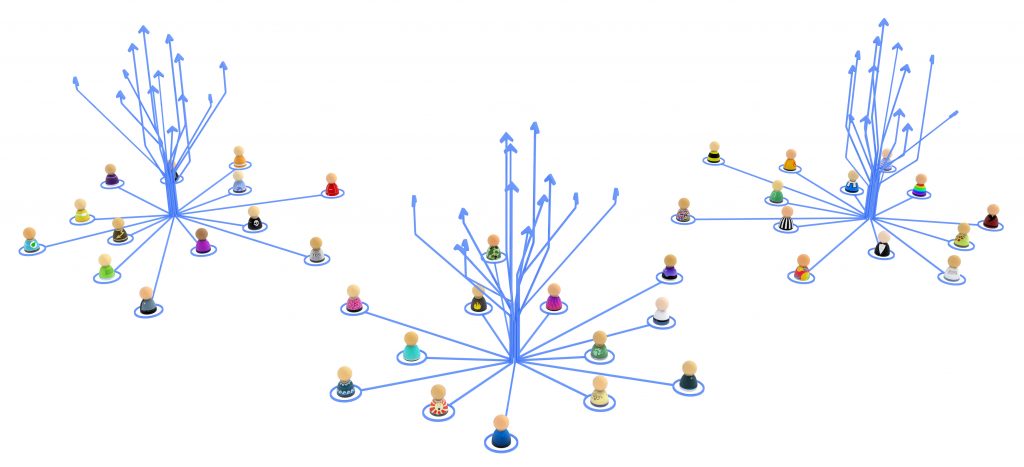 The spread of entails across the Atlantic island territories of the Iberian kingdoms happened extraordinarily quickly. It is partially well studied, namely for the Azores, the historiography having pointed out the extraordinary importance of entails in the appropriation of territory and in the configuration of social relations and power. This project aims to verify this hypothesis through a hitherto unattempt comparative study of the various spaces.
The spread of entails across the Atlantic island territories of the Iberian kingdoms happened extraordinarily quickly. It is partially well studied, namely for the Azores, the historiography having pointed out the extraordinary importance of entails in the appropriation of territory and in the configuration of social relations and power. This project aims to verify this hypothesis through a hitherto unattempt comparative study of the various spaces.
Combining quantitative analysis and qualitative insights, as supplied from the database, this project will globally investigate how the Atlantic islands as uninhabited territories were socially captured through entailment, and the consequences of this. How did the institution develop over time, what juridical shapes did it take, what were the sociology and the social effects? In the case of Brazil, were entails really almost non-existent or are they just understudied? What was the difference between this model of colonial entailment and the one existing in the metropolis, which coexisted with previous forms of organization of social bodies and relationship to property? What was the outcome of this process at the level of the economy of Atlantic societies?
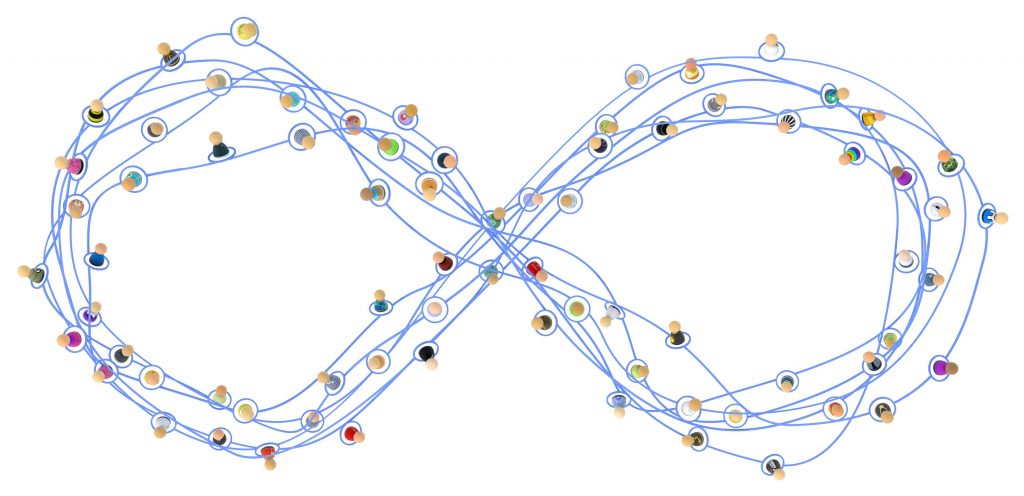
This project aims at producing a monograph presenting historiographical and conceptual studies. The book will provide a broad picture of entailment, stemming from a quantitative approach as well as on mapping the social and geographical settings of the data already gathered on the database. Besides addressing a large set of theoretical and historiographical questions, it will be a synthesis of the results obtained in the different projects, as well of the outcomes of the scientific meetings. The monograph expected will reconsider the problem according to the proposed model, testing it and opening up new avenues for future interpretations.
P1 – The entailment information system and archives
The research problem of this part of the program is how to invert the knowledge about the archives related to entailment as it stands. Documents have already been located thanks to previous research. It is now crucial to go from where things are kept to where things have come from, why and how.
In order to achieve this, recent theoretical proposals about the rethinking of sources and institutional history will be mobilized. The final aim is to think with organizational archives, considering their existence prior to each historical archive now available. This project will follow the methodology of reconstructing the institutional system created by entailment, both internally and externally: institutional network design, forms of information production, documentalization, and constitution in archives.
The final aim is to think with organizational archives, considering their existence prior to each historical archive now available. This project will follow the methodology of reconstructing the institutional system created by entailment, both internally and externally: institutional network design, forms of information production, documentalization, and constitution in archives.
Subproject P1a – Construction of the entails database
P2 – Kinship – Entailment structure, lineage, house
The central goal of the project is to define what can be called “entailment kinship”, a particular configuration of kinship bonds that has a threefold specificity: i) a capacity (and need) to combine vertical descendance with the maintenance of large groups of relatives from the horizontal branches; ii) a conceptualization of the founder that combines elements from theology and juridical thought with older nobility values of lineage leadership; iii) an institutional framework that turns this manipulated kinship group into a corporate body, with its own internal norms and rule.
It dwells on the working hypothesis of distinguishing between «entailment kinship structure», lineage, and house, in order to understand the evolution from the fourteenth to the seventeenth century. Departing from the database materials, a group of case studies will be set, in order to study how entailment affected kinship relations. In the medium and long term, did entailment mainly forced the exclusion of members of the family group or, on the contrary, was there a strengthening of the horizontal parental group? How did the parental structure relate to wider organizational contexts, where links of entail were inserted, namely the house? Is the aforementioned thesis by modernist historians of the subordination of lineage to house sustainable? What was, to sum up, the family designed by the founder to face perpetuity?
P3 – Power – Entailment, status, and social mobility
Local elites, especially urban ones, seem to have systematically used entailment institutions, since the beginning of the fourteenth century, as a means to promote social ascension by a line of the parental group. The nobility, for its part, quickly came to monopolize the most important entails, concentrating them by marriage and intensifying the aristocratic ethos. This project aims at verifying these theories, and at contributing to a more global perspective of the question.
Select case studies will be drawn from the database materials, concentrating on the most relevant cities and applying a common questionnaire to compare them: Who founded entails and what happened to newly-arrived families later on? How did the adoption of the model influence keeping or increasing social status? Can patterns of ascension be discerned? Did the constraints inherent to entail follow similar models of operation in different elites? How did small chantries and entails function at this juncture? How did entailment coincide with other forms of access and maintenance of power, such as the holding of municipal offices or membership of important confraternities?
P4 – Identity – Entailed corporate bodies: innerness, community, exterior relations
This project focuses on the identity of entails as a corporate body throughout generations, standing above the human agents it encompassed, weighing against the administrators’ limited powers. Such existence was possible because of the entails’ institutional nature, but it also depended on specific cultural, religious, and spatial identities (archives, coats of arms, names, narratives, places, the social projection of members, specific economic behaviors).
The objective will be to define the meaning, the means and the functioning of corporate identity: did it mean closure and individualism, or rather practices of public social distinction and community insertion? What balance was there between the capacity for internal self-regulation and litigation practices, using external authorities? How did this identity foster the keeping and use of archives and written management? Above all, how was socially constructed the central figure of the founder, identity giver and maker?
The signals of such identities will be identified from among the entails in the database and categorized. Research will focus on the one hand on the semantic of entail institution documents, and on the other on the serialization, and later type-configuration, of the entailment signs and symbols. Drawing from the most complete case studies, indexed items will be analyzed as to their actual functioning. The perspective of anthropological history will be especially useful here, so as to apprehend from the sources the traces needed for analysis and to provide them with correct interpretations.
P5 – Entailment societies? Entails and the colonization of the Atlantic territories
The spread of entails across the Atlantic island territories of the Iberian kingdoms happened extraordinarily quickly. It is partially well studied, namely for the Azores, the historiography having pointed out the extraordinary importance of entails in the appropriation of territory and in the configuration of social relations and power. This project aims to verify this hypothesis through a hitherto unattempt comparative study of the various spaces.
Combining quantitative analysis and qualitative insights, as supplied from the database, this project will globally investigate how the Atlantic islands as uninhabited territories were socially captured through entailment, and the consequences of this. How did the institution develop over time, what juridical shapes did it take, what were the sociology and the social effects? In the case of Brazil, were entails really almost non-existent or are they just understudied? What was the difference between this model of colonial entailment and the one existing in the metropolis, which coexisted with previous forms of organization of social bodies and relationship to property? What was the outcome of this process at the level of the economy of Atlantic societies?
P6 – Entailing perpetuity: family, power, and archives in the social structure of southern Europe, fourteenth–seventeenth centuries
This project aims at producing a monograph presenting historiographical and conceptual studies. The book will provide a broad picture of entailment, stemming from a quantitative approach as well as on mapping the social and geographical settings of the data already gathered on the database. Besides addressing a large set of theoretical and historiographical questions, it will be a synthesis of the results obtained in the different projects, as well of the outcomes of the scientific meetings. The monograph expected will reconsider the problem according to the proposed model, testing it and opening up new avenues for future interpretations.
Project timeline



